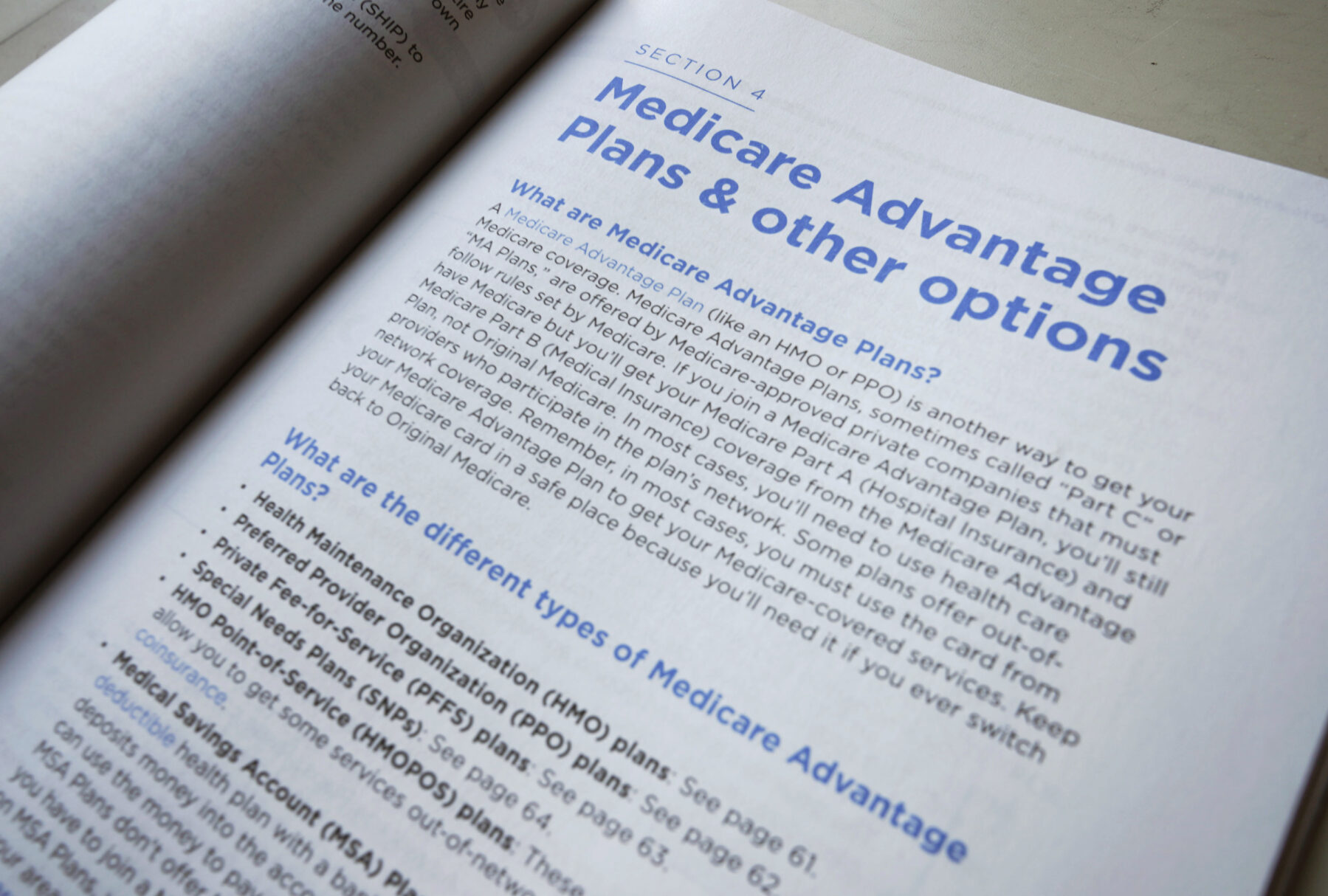On Feb. 1, the Centers for Medicare and Medicaid Services (CMS) proposed technical changes to the way the Medicare program determines payments to Medicare Advantage plans. This action prompted Arnold Ventures, which broadly works to address health care affordability issues, to send a comment letter to CMS on March 3.
The letter urges the Biden administration to do more to curtail excessive payments to Medicare Advantage plans.
What is Medicare Advantage?
Medicare Advantage plans are an alternative to traditional Medicare coverage run by private companies. Nearly half of all Medicare beneficiaries — more than 30 million people — are enrolled in Medicare Advantage plans.
What Arnold Ventures Supports
While Arnold Ventures supports Medicare Advantage as an option for Medicare beneficiaries, the evidence is clear that Medicare Advantage plans are overpaid. Abusive and in some cases fraudulent billing practices by insurance companies have been well documented. Reforms are urgently needed to improve program integrity and hold Medicare Advantage plans accountable for providing value to beneficiaries and taxpayers.
What AV Suggests — and Why
CMS’ proposed changes to Medicare Advantage are reasonable and move in the right direction by taking steps to address discretionary upcoding by Medicare Advantage plans. However, the changes do not go far enough. AV’s letter provides specific policy recommendations that the Biden administration can take up to better protect taxpayers and seniors from overpayments to Medicare Advantage plans and strengthen program integrity. These overpayments are projected to cost taxpayers an estimated $27 billion in 2023. The Medicare program cannot afford this magnitude of continued overpayments to Medicare Advantage plans, which undermine the affordability and sustainability of the Medicare program.
Setting the Record Straight
With billions of dollars in play, it’s important to set the record straight on Medicare Advantage. Organized interest groups representing insurance companies that offer Medicare Advantage plans have misleadingly claimed that the administration’s proposed changes will result in substantial benefit cuts for beneficiaries, but the evidence suggests this is unlikely.
What’s Really Going On?
No one is calling for cuts to Medicare Advantages plans or benefits. Instead, the government is proposing to increase plan payments by 1% next year. Insurance companies have discretion over how they respond to a lower payment increase than they would prefer. While plans can choose to cut benefits, they also have incentives to offer extra benefits and lower premiums to attract enrollees. They can make other changes to adapt to a smaller payment increase next year such as reducing their profit or administrative costs.
Medicare Advantage insurers have gross margins averaging $1,730 per enrollee, which is more than double the margins reported by insurers in the individual, employer, and Medicaid managed care markets. These margins suggest that there is no need for Medicare Advantage plans to choose to cut benefits in response to the proposed changes.
Past experience and evidence suggest that payment changes will not lead to the demise of Medicare Advantage plans. Reductions to plan payments were made in 2010, and despite the industry’s claims at the time, enrollment in Medicare Advantage has since doubled, beneficiaries have greater choice in plans, rebates to plans that fund extra benefits and lower premiums and cost-sharing are at historic highs, and plans are bidding more efficiently for contracts with the federal government. Reforms are essential to improve the value and sustainability of Medicare Advantage and are unlikely to have a major impact on beneficiaries or the robustness of the Medicare Advantage market.
To Put a Fine Point on It
The administration can go further than their current proposal. It should not bend to the pressure of industry-spun narratives. CMS should consider a variety of tactics to reduce the myriad of opportunities for plans to game the system and drive overpayments that are borne by beneficiaries and taxpayers. It is possible to do this while maintaining appropriate incentives for plans to compete and with little impact on beneficiaries.
Read AV’s comment letter with specific recommendations below or here.












